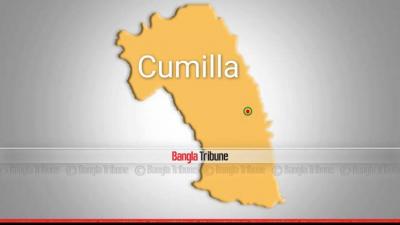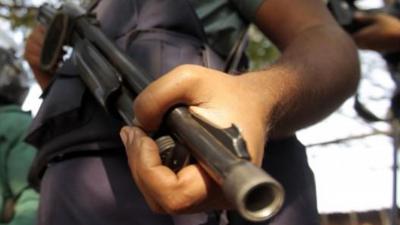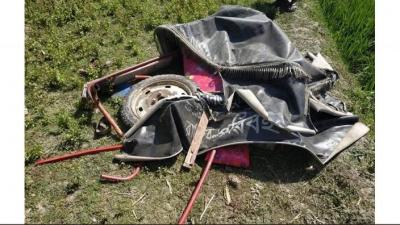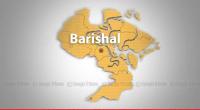 The hill tracts district council got its first elected public representativeS in 1989. They were in power for five years. but no elections have been held in Khagrachhari, Rangamati and Bandarban districts for over two decades now. Consequently, the councils have become depots of nepotism and corruption.
The hill tracts district council got its first elected public representativeS in 1989. They were in power for five years. but no elections have been held in Khagrachhari, Rangamati and Bandarban districts for over two decades now. Consequently, the councils have become depots of nepotism and corruption.
On Oct 16 and 17, Home Minister Asaduzaman Khan went to the hill tracts and at this time, chairman of hill tract district council Kangjari Chowdhury and others were present.
After the peace agreement was signed in the hill tracts in 1997, the regional council was formed. The council, which became effective from May 24, 1998, is supposed to have a 25 member team. Later, a council was formed with Santu Larma of Jana Sanghati Samity, PCJSS, as the chairman.
From then there has not been any elected council.
Khagrachhari lawmaker Kujendra Lal Tripura said: “Every district is supposed to have A 34-member council but due to complications, elections were not held.”
As a result, development work remained stalled.
Elected councils were needed to ensure development, peace and accountability, he added.
Publicity secretary of PCJSS, Sudhakar Trioura, observes: “First, the peace agreement has to be fully implemented and disputes over land ownerships settled. Unless these are solved, elections cannot be supported.”
Khagrachhari president of BNP, Wadud Bhuiyan, added: “The councils are supposed to safeguard the rights of all but they were exploited by a few to make money.”
Current chairman of Khagrachhari, Kangjari Chowdhury, adds: “I am always in favour of elections; once that happens, elected public representatives will be able to work without fear; development will be ensured and peace will return.”
Leaders of United People’s Democratic Front (UPDF) could not be contacted for their comments.






